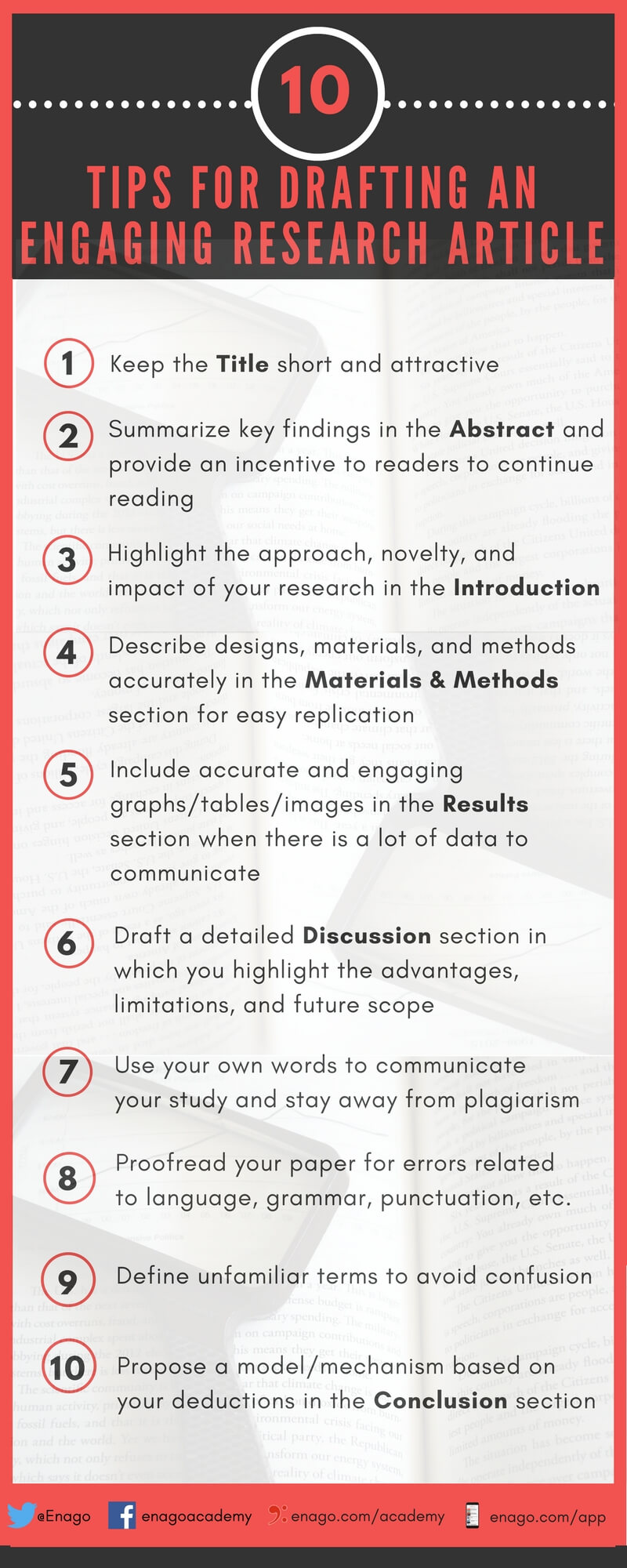Not all published papers are research papers. Research papers describe useful for those who are not experts. This is because they provide an overview of the main issues, results, and open questions in that field
A review paper, like a research paper, may be written by an expert in the field, or by a relative novice in the field. Determine the value of the review paper by evaluating the authority of the author, and of the paper itself. First note where the paper was published: In a refereed journal?
In a collection of papers from a conference? On a personal web page? Review papers published in refereed journals have the backing of that journal and of the experts who reviewed the article.
Next, determine whether the review was written by an expert or by a novice. Note whether the author of the paper seems to be respected as an authority in the field. Look for other publications by this author. Note how often those publications are cited by other authors.
A research paper usually consists of the following sections, in this order:
If the review paper turns out to have been written by a relative novice in the field, it still might have considerable value in summarizing and organizing the foundational and historical information in that field. However, opinions expressed by the author(s) may have less weight than those expressed by authorities in the field.
Organization of published papers
• Abstract: a general summary of the paper
• Introduction: background information, and the motivation for this study
• Materials and Methods: exactly what was done in this study
• Results: outcome of the process detailed in Materials and Methods
• Discussion: a detailed analysis of the results. This section might include conclusions, or a separate Conclusions section might put the results in a larger context.
• List of References: This list can provide a useful list of other sources on the subject.
Readers hardly ever sit down with a paper and read it from beginning to end, straight through. A reader might read the Abstract, flip to the Discussion to learn more about the results, and then decide whether or not to read the entire paper.
A review paper differs from a research paper in that no new results are being presented for the first time. For this reason, there is no Materials and Methods section in a review paper. The 32paper will have an Abstract, and it may have a section called Introduction. However, the rest of the paper will be an overview of the topic, perhaps organized historically, perhaps organized by different treatments of the problems connected with the topic. The contribution of a review paper is the manner in which it synthesizes and presents important material in a field. The author may also point out needs for further research or development.
